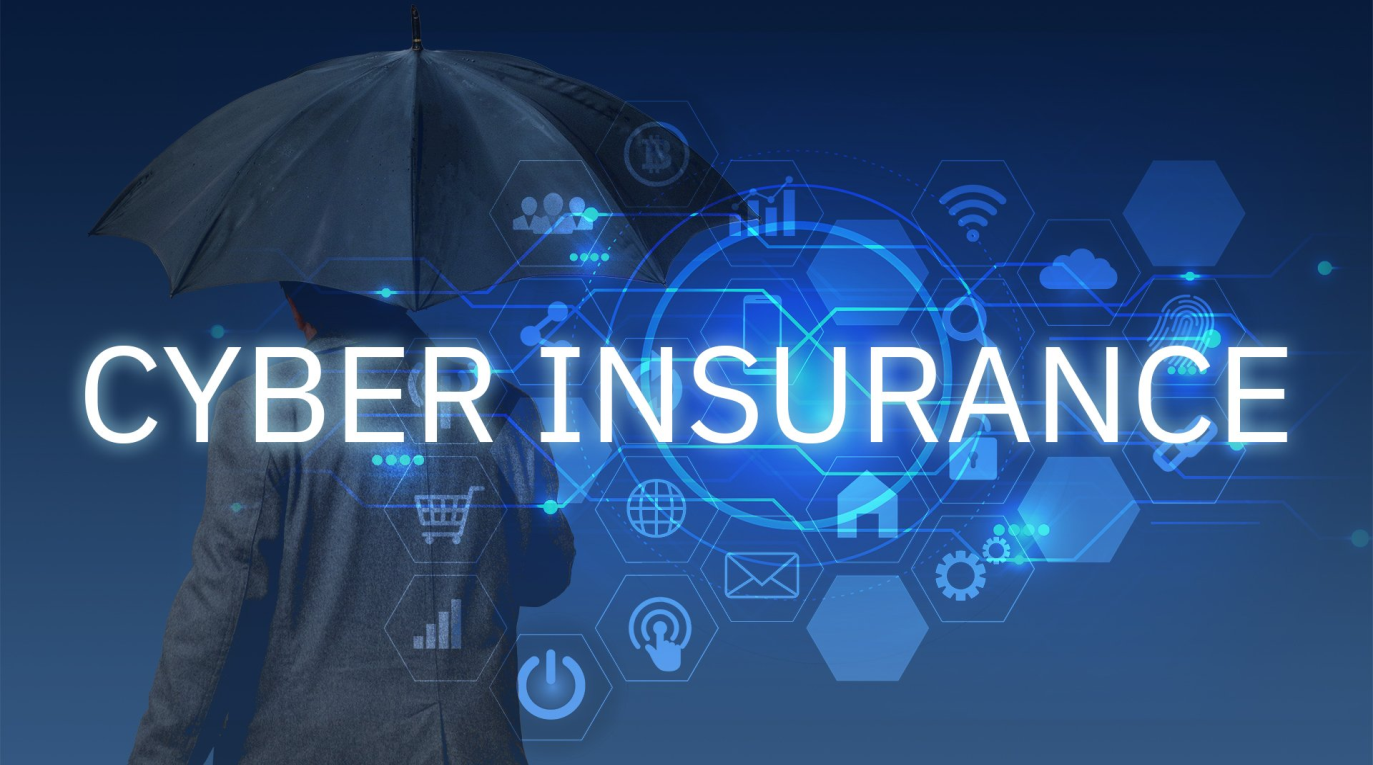





Copyright infringement not intended
Picture Courtesy: www.blairtechnology.com
Context: Small and Medium Enterprises (SMEs) and Micro, Small, and Medium Enterprises (MSMEs) are vital contributors to the global economy, but they are exceptionally vulnerable in the current digital landscape, which is fraught with cyber threats.
Details
Key Highlights
|
High Vulnerability to Cyber Attacks |
●SMEs and MSMEs often lack the resources and cybersecurity expertise that larger corporations have. This makes them soft targets for cyberattacks, which can range from data breaches to ransomware and phishing attacks. ●They are particularly susceptible because they may not have dedicated security teams to defend against such threats. |
|
Government Initiatives |
●India has initiated measures like the Digital Personal Data Protection Bill to enhance data privacy and cybersecurity. While these are positive steps, SMEs and MSMEs still need to be prepared to address the adverse consequences of cyberattacks. |
|
Financial and Operational Risks |
●Cyberattacks can lead to financial losses, damage to reputation, and operational disruptions. For SMEs with limited financial reserves, these consequences can be crippling. ●Cyber insurance can provide a safety net, covering costs associated with data breaches, ransomware attacks, and other cyber incidents. |
|
Specialized Coverage |
●Insurers now offer specialized cyber insurance solutions tailored to the unique needs and risks faced by SMEs and MSMEs. These policies consider the scale of operations, digital reliance, and specific cyber threats they encounter. |
|
Addressing Ransomware and Cyber Extortion |
●Cyberattacks like ransomware and cyber extortion can be financially devastating. Cyber insurance can help manage such risks by covering a wide range of costs, including notification expenses, legal fees, and data recovery costs. |
|
Business Interruption |
●Many cyber insurance policies provide coverage for business interruption, compensating for lost income during downtime caused by a cyber incident. This is crucial for businesses heavily reliant on digital operations. |
|
Reputation Management |
●The aftermath of a cyberattack can tarnish a business's reputation, leading to a loss of trust and clients. Cyber insurance policies often include provisions for reputation management, helping businesses navigate the post-attack landscape and rebuild trust with stakeholders. |
|
Attracting Talent and Clients |
●A compromised cybersecurity posture can make it challenging to attract talented professionals and clients. Potential employees and customers may be hesitant to associate with a business that has suffered a cyber incident. |
Cyber Insurance
Why Businesses Need Cyber Insurance
Conclusion
Must Read Articles:
National Cyber Security Strategy: https://iasgyan.in/daily-current-affairs/national-cyber-security-strategy
|
PRACTICE QUESTION Q. What are the key strategies that businesses can implement to safeguard their digital assets and protect against evolving cyber threats in today's rapidly changing technological landscape? |








© 2025 iasgyan. All right reserved